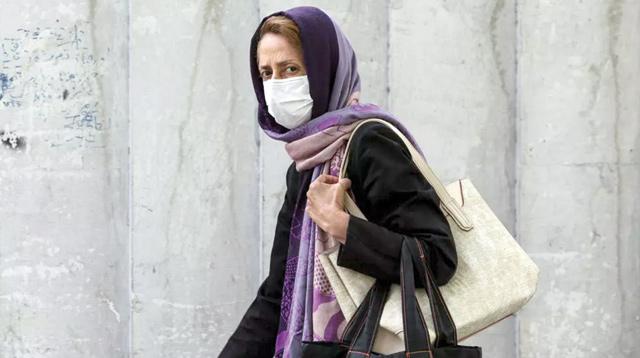- International News
- Thu-2020-11-19 | 10:40 am

Nayrouz News Agency :
Iran will impose "severe restrictions” across many areas of the country on Saturday in an effort to stem the spread of the novel coronavirus, President Hassan Rouhani said.
The Islamic republic has not imposed a full lockdown since it reported its first COVID-19 cases in February.
The country is the worst hit in the Middle East by the pandemic, and official deaths and infection figures have hit several new records in recent weeks.
"We are on the verge of a new stage of social responsibility over the growing spread of the coronavirus,” Rouhani said Wednesday during a televised Cabinet meeting.
"As of Saturday, severe restrictions will be imposed in the country,” he said.
The measures were designed to act as "a stark warning to society... so that we all return to strict social discipline”.
Specific details on the new measures, first mentioned by Rouhani last Saturday, have yet to be announced.
According to health ministry spokeswoman Sima Sadat Lari, all non-essential businesses and services would be closed in Iran’s highest-risk areas including Tehran and most other cities.
Local media reports said they would include limiting inter-city travel, banning private vehicles from 9:00 pm to 4:00 am, closing educational centres, and reducing the public workforce to a third in high-risk areas.
Most of the expected measures have been applied previously for a limited time.
Lari said on Wednesday that 480 deaths had been recorded across Iran in the past 24 hours, just six fewer than a record high announced on Monday.
She added that infections had reached a new high of 13,421 during the same period.
Iran’s Health Minister Saeed Namaki warned on Tuesday that the new restrictions were "the last chance for the [health] system to stand against” the virus.
If they were not observed, deaths would reach higher levels and that "means we will be in an abyss that we no longer can recover from”, IRNA news agency quoted him as saying.
"We’re facing a virus bomb, and the virus’ spreading power has increased ten-fold,” he added.













